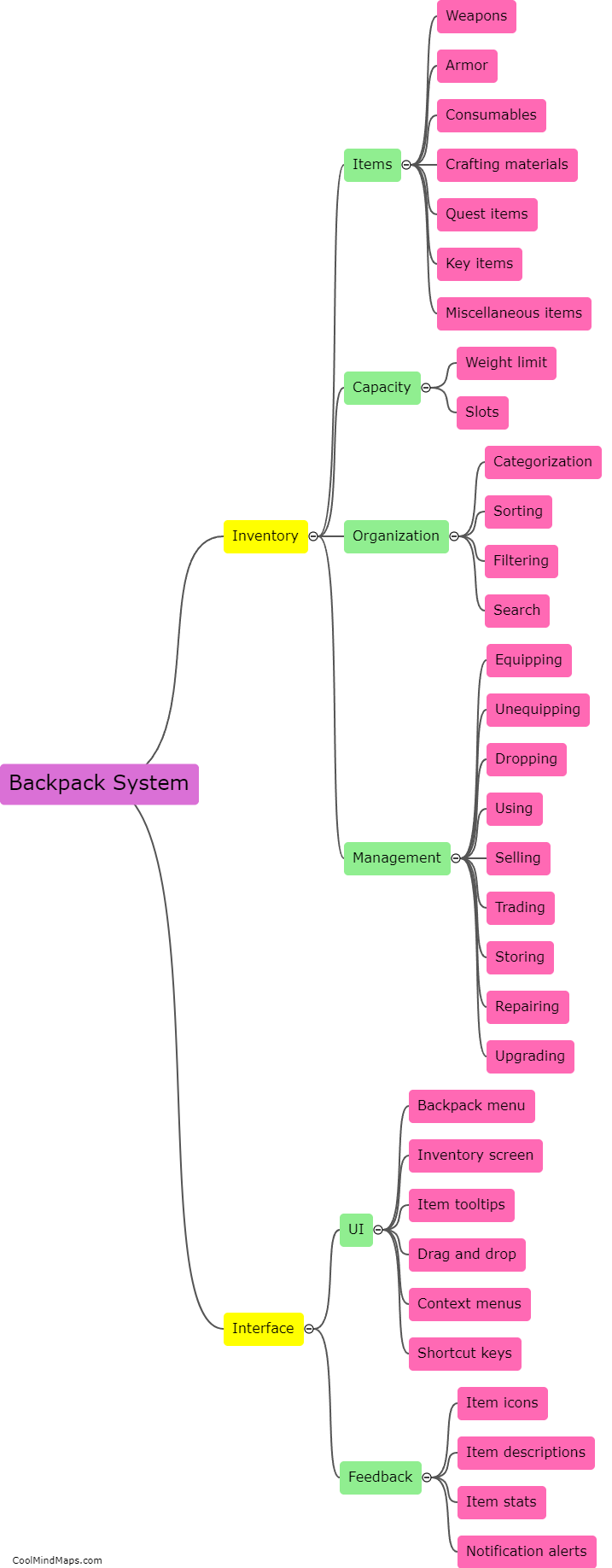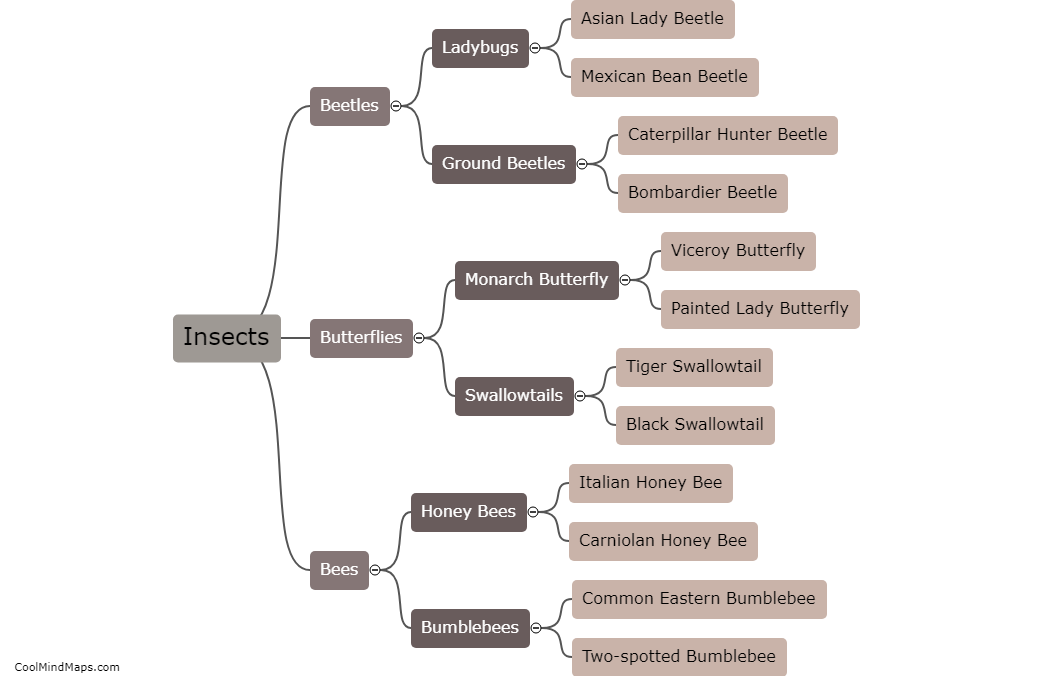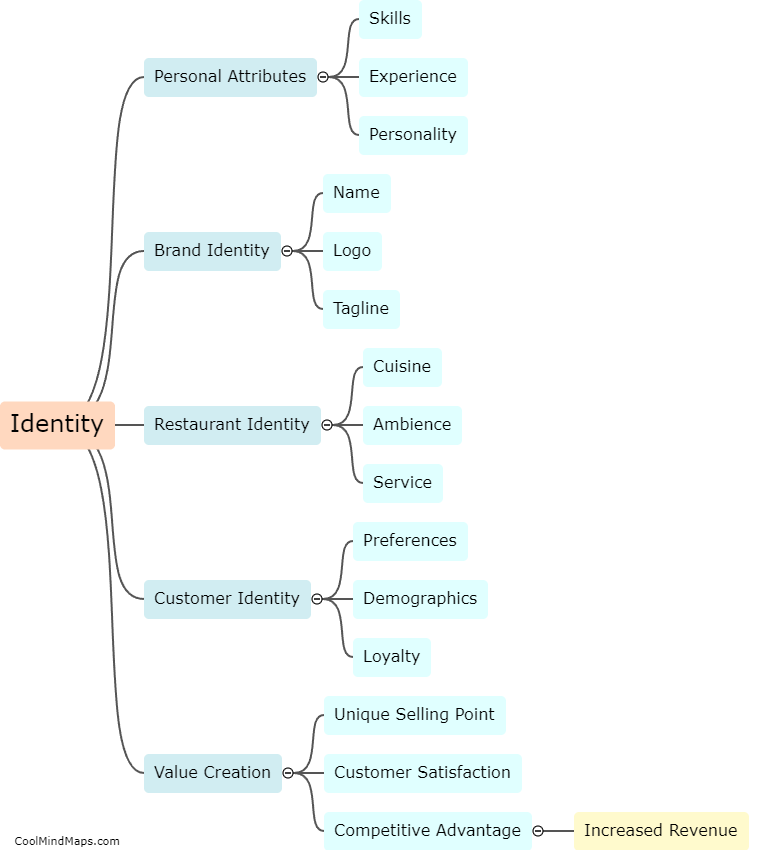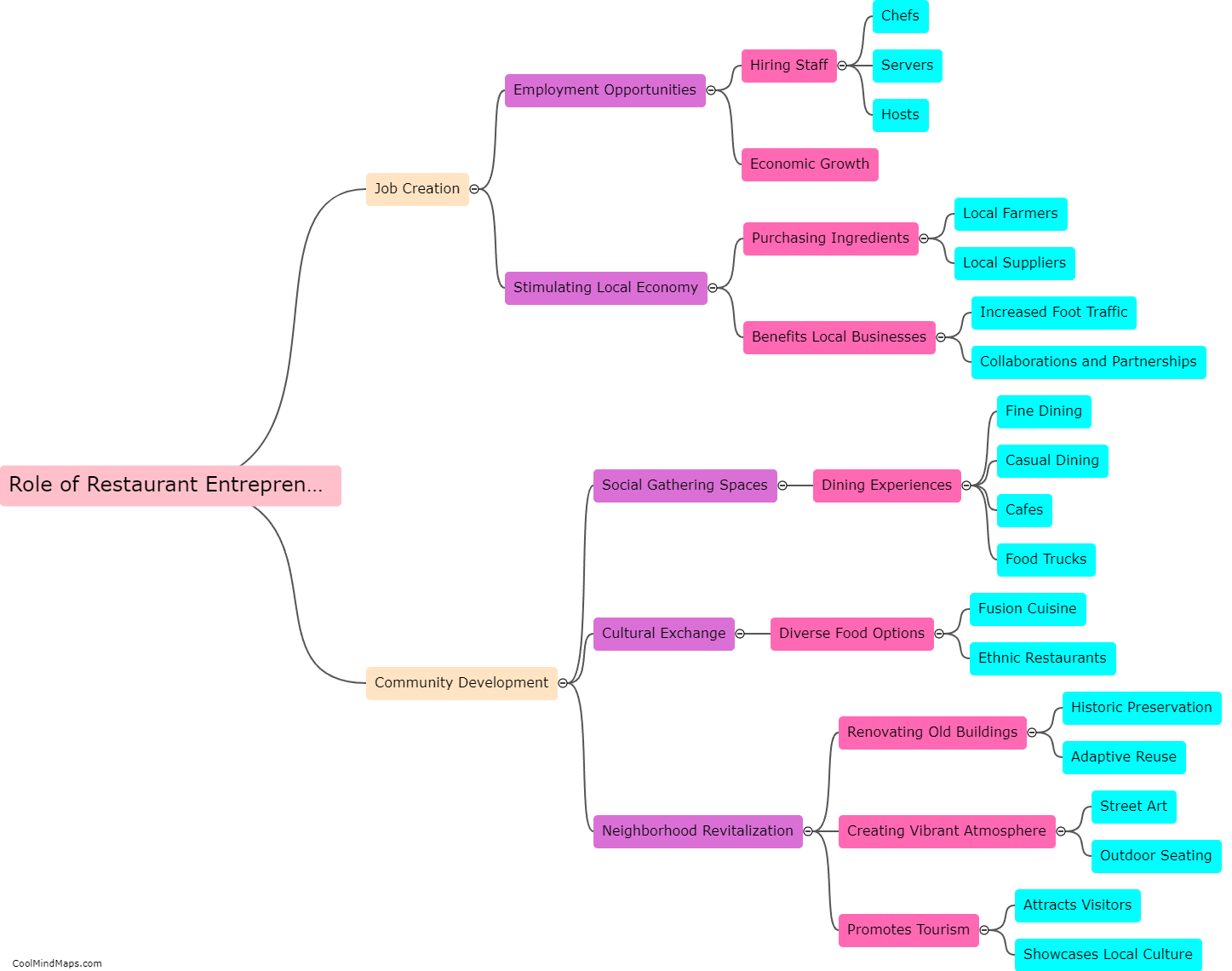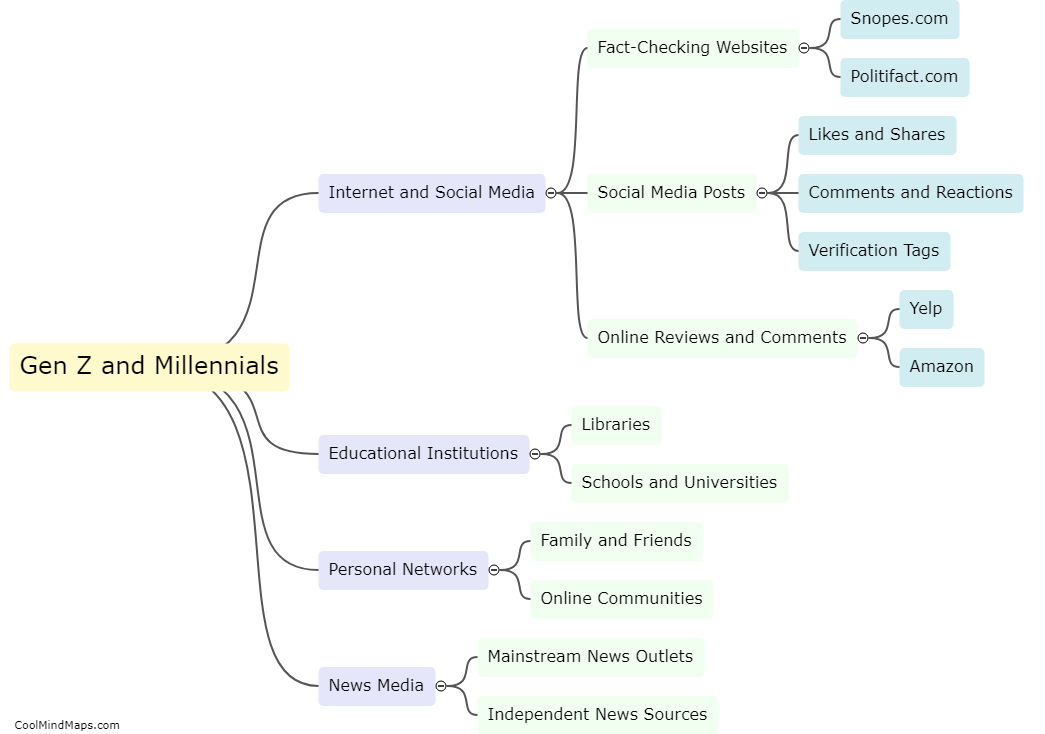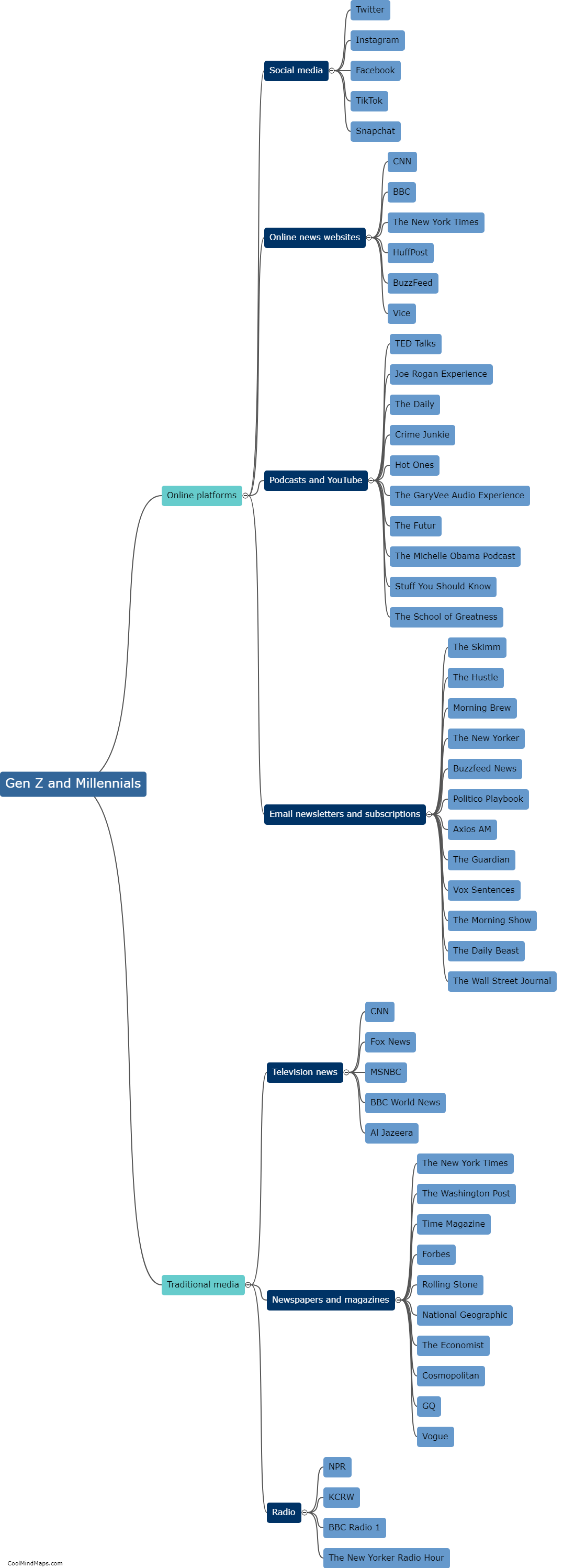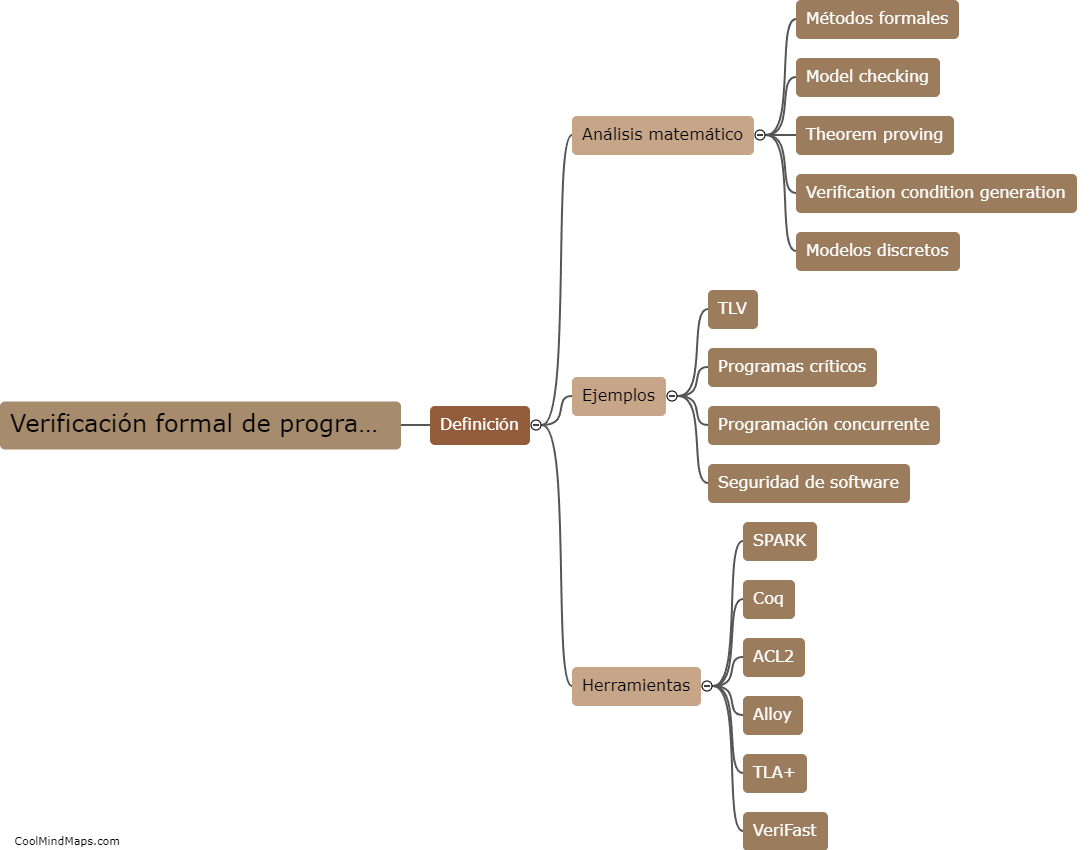What are the main concepts and ideas related to formal program verification?
Formal program verification is a field within computer science that aims to ensure the correctness and reliability of software systems. The main concept in formal program verification is the use of mathematical logic and formal methods to formally specify and reason about software programs. This involves defining the desired behavior of a program using precise specifications and then proving that the program satisfies these specifications through rigorous mathematical reasoning. Key ideas in formal program verification include the use of formal languages and logics for program specifications, formal proof techniques such as theorem proving and model checking, and the development of automated tools and techniques to assist in the verification process. The ultimate goal of formal program verification is to provide strong guarantees about the correctness of software, enhancing software quality, reliability, and security.
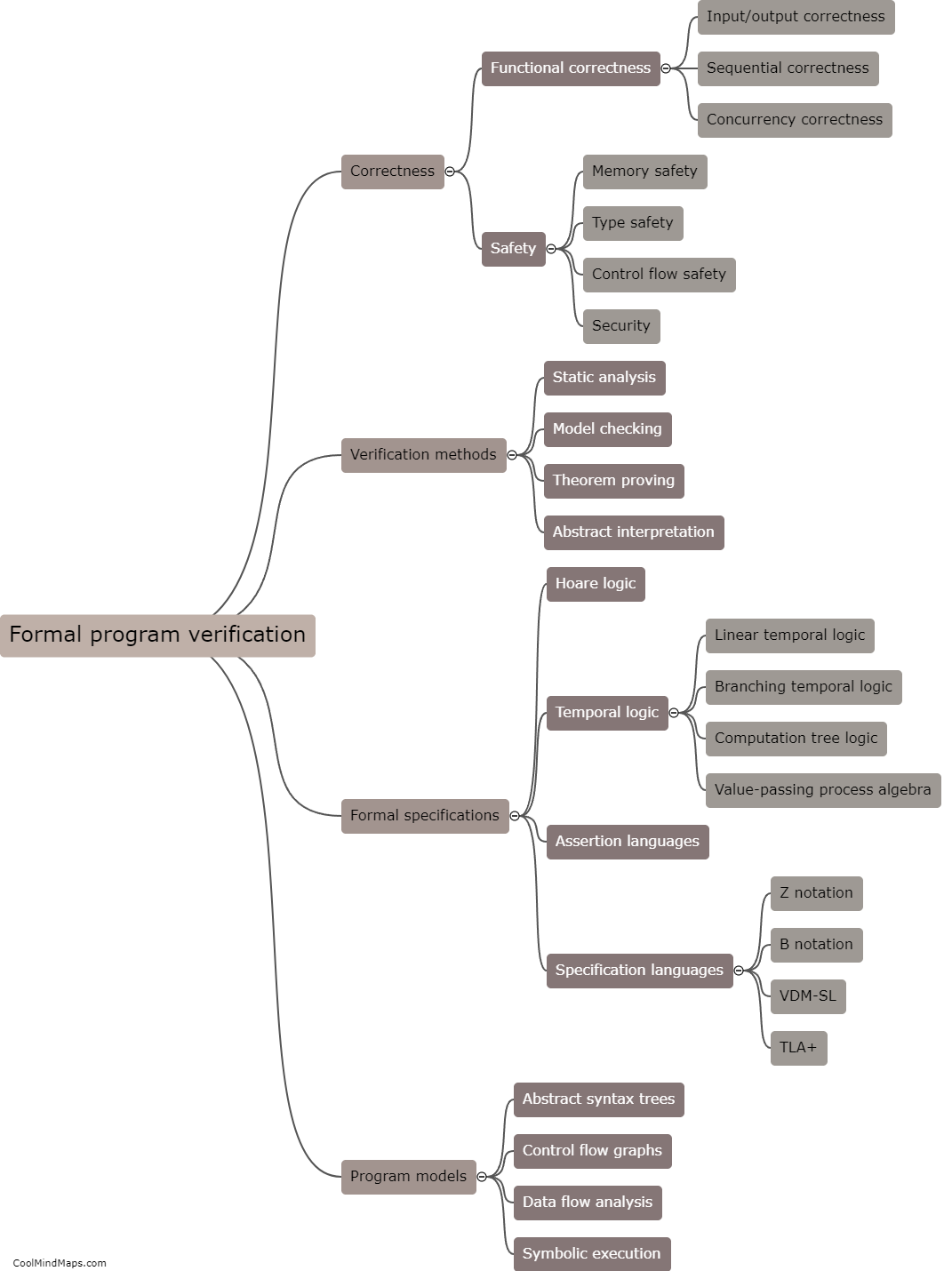
This mind map was published on 10 November 2023 and has been viewed 93 times.
